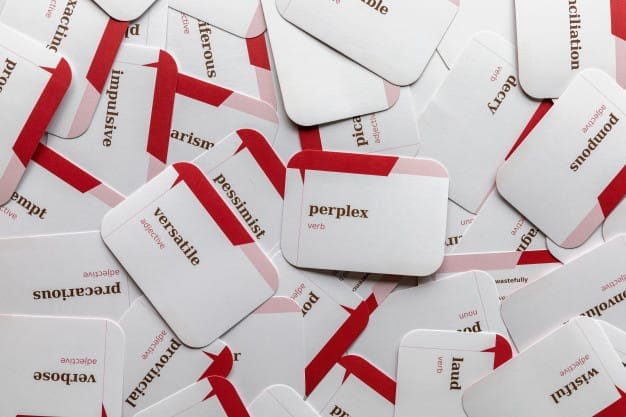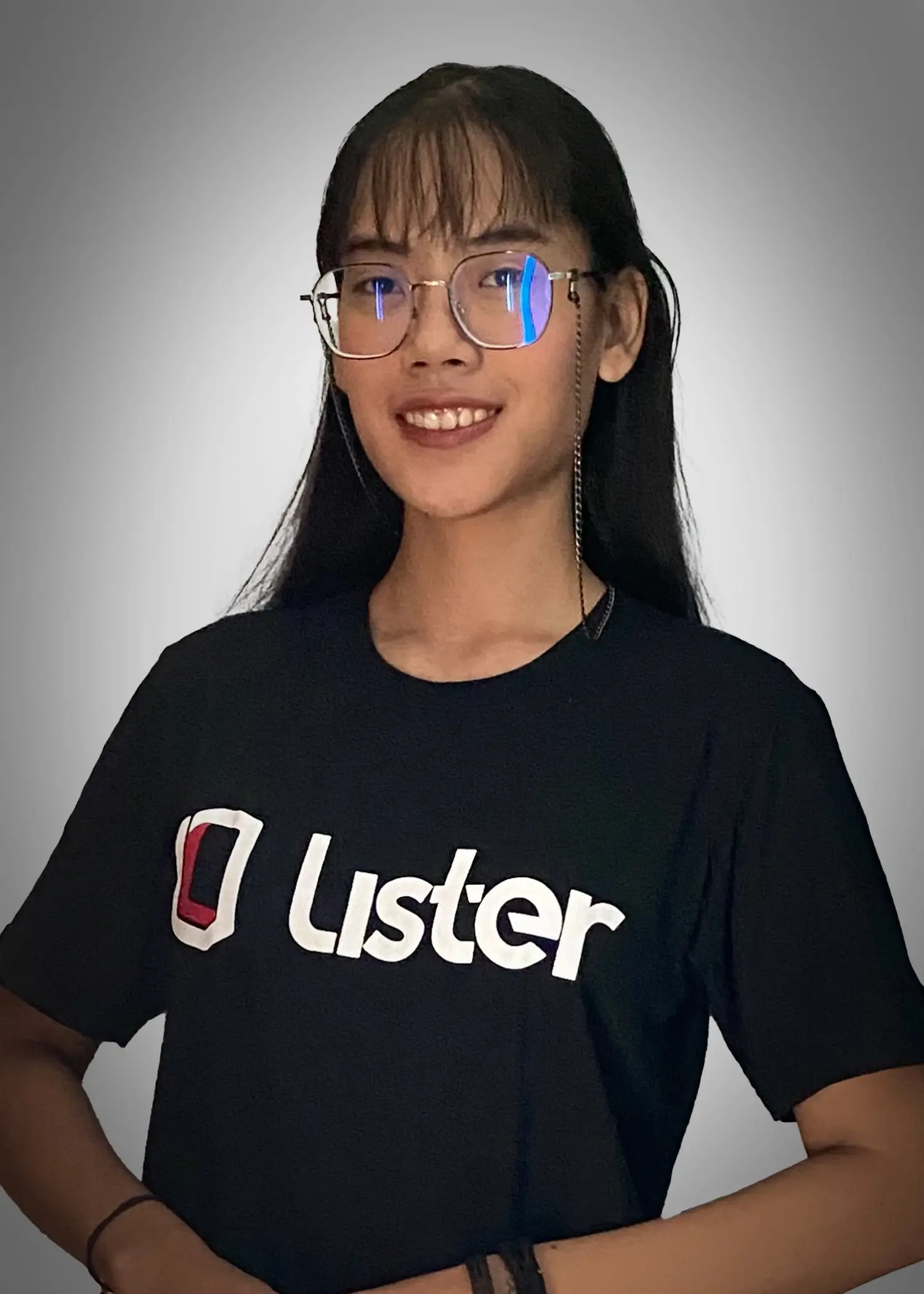Mahir teori bahasa Inggris saja tidak cukup. Kamu harus belajar mempraktikkannya. Hal itu bisa kamu lakukan jika mengikuti Kursus Bahasa Inggris.
Dalam bahasa Inggris, ada yang disebut dengan commonly confused words. Ejaan atau pengucapannya mirip, tetapi artinya berbeda. Hal ini bisa jadi membingungkan.
Dengan mengetahui perbedaannya, kamu bisa mengetahui bagaimana menggunakan kata yang tepat dalam kalimat. Apa saja commonly confused words tersebut?
Advice vs Advise
Advice adalah kata benda yang berarti saran. Advise adalah kata kerja yang berarti menyarankan.
- He gave me good advice.
- He advised me to avoid the questionable chicken salad.
Affect vs Effect
Affect berarti memengaruhi. Effect adalah kata benda yang berarti hasil.
- While the student didn’t see how studying affected test-taking, the positive effects soon became clear.
Among vs Amongst
Among digunakan di American English. Amongst lebih lazim digunakan di British English.
Among vs Between
Among menunjukkan hubungan antara satu benda di antara benda-benda lainnya. Between menunjukkan hubungan satu benda terhadap benda lain atau benda-benda lainnya.
- He found a letter hidden among the papers on the desk.
- He spent all day carrying messages between Catharina and the other students.
Anyway vs Any way
Anyway adalah kata keterangan yang berarti bagaimanapun juga. Any way adalah frasa yang berarti cara apapun.
- I don’t want to go to the party, anyway. We could take any way we want to get to the party.
Assure vs Ensure vs Insure
Assure berarti memberitahu seseorang hal yang pasti akan terjadi. Ensure berarti memastikan sesuatu. Insure berarti mengambil polis asuransi.
- He assured us that no one would cheat at Bingo.
- He took steps to ensure that no one cheated at Bingo.
- He was glad the Bingo hall was insured against damage caused by rowdy Bingo players.
Breath vs Breathe
Breath adalah kata benda, yakni napas. Breathe adalah kata kerja, yakni bernapas.
- He held his breath while she skateboarded down the stairs.
- After her spectacular landing, he had to remind himself to breathe again.
Capital vs Capitol
Capital bisa berarti huruf kapital, uang, atau kota pusat pemerintahan. Capitol berarti gedung di mana DPR bertemu.
- We visited Brasίlia, the capital of Brazil.
- We visited the cafe in the basement of the capitol after watching a bill become a law.
Complement vs Compliment
Complement adalah sesuatu yang melengkapi hal lainnya. Compliment adalah pujian.
- His lime green boots were a perfect complement to his jacket.
- She received many compliments on her purple fedora.
Disinterested vs Uninterested
Disinterested berarti tidak memihak. Uninterested berarti tidak tertarik.
- A panel of disinterested judges who had never met the contestants before judged the singing contest.
- He was uninterested in attending singing class.
Defense vs Defence
Defense digunakan di American English. Defence digunakan di British English.
e.g. vs i.e.
Singkatan bahasa Latin ini sering dicampur. Singkatan e.g. berarti contohnya. Singkatan i.e. berarti yaitu.
Farther vs Further
Farther merujuk pada jarak fisik. Further merujuk pada jarak metafora.
- He can run farther than me.
- He is further away from finishing his project than the rest of us.
Flaunt vs Flout
Flaunt berarti pamer. Flout berarti menentang.
- He flaunted his stylish new outfit.
- She flouted the business-casual dress code by wearing a tiara and flip-flops.
Gray vs Grey
Gray digunakan di American English. Grey digunakan di British English.

Imply vs Infer
Imply berarti mengatakan sesuatu secara tidak langsung. Infer berarti menyimpulkan sesuatu yang belum dinyatakan secara langsung.
- He implied that she was in trouble, but he wouldn’t tell her why.
- She inferred that he was nervous about something from the way he kept looking over his shoulder.
It’s vs Its
It’s adalah singkatan dari it is. Its adalah pronomina posesif yang berarti milik.
- She needs to pack for her trip because it’s only two days away.
- He is obsessed with both the book and its author.
Lie vs Lay
Lie berarti berbaring. Lay berarti meletakkan sesuatu.
- She will lay out her outfit before she goes to bed.
- He will lie down for a nap.
Lead vs Led
Lead adalah sejenis besi. Led adalah past tense dari lead.
- She wore a lead apron while the dentist X-rayed her teeth.
- He led the way.
Learned vs Learnt
Learned digunakan di American English. Learnt digunakan di British English.
Loose vs Lose
Loose adalah kata sifat yang berarti longgar. Lose adalah kata kerja yang berarti kalah atau kehilangan sesuatu.
- She discovered that the cows were loose.
- He was careful not to lose his ticket.

Principal vs Principle
Principal dapat menjadi kata benda yang berarti orang yang bertanggung jawab memimpin, atau kata sifat yang berarti paling penting. Principle berarti kepercayaan yang dipegang teguh.
- She was called into the principal’s office.
- The principal reason for this meeting is to brainstorm ideas for the theme of his birthday party.
- She doesn’t like surprise parties as a matter of principle.
Inquiry vs Enquiry
Inquiry digunakan di American English. Enquiry digunakan di British English.
Stationary vs Stationery
Stationary berarti bergeming. Stationery berarti kertas dengan kualitas terbaik.
- The revolving door remained stationary because she was pushing on it the wrong way.
- He printed his résumé on his best stationery.
Than vs Then
Than digunakan dalam perbandingan. Then mengindikasikan waktu atau urutan.
- She runs faster than him.
- She took off running, then he came along and finished her breakfast.
That vs Which
That digunakan jika frasa atau klausa yang mengikuti diperlukan dalam kalimat. Which digunakan jika frasa atau klausa yang mengikuti tidak diperlukan dalam kalimat.
- Students that fail to thoroughly proofread often miss unnecessary points. Procrastinated papers, which students write often, fail to lead to the desired grades for their classes.
Their vs There vs They’re
Their adalah bentuk posesif dari they. There merujuk pada tempat. They’re adalah singkatan dari they are.
- They took their time.
- It took them an hour to get there.
- They’re almost here.
To vs Too vs Two
To adalah preposisi yang mengindikasikan arah. Too adalah kata keterangan yang berarti tambahan atau juga. Two berarti dua.
- Too many times, students go to their adviser to set up their classes, but only have two of their five classes picked out.
Toward vs Towards
Toward digunakan di American English. Towards digunakan di British English.
























